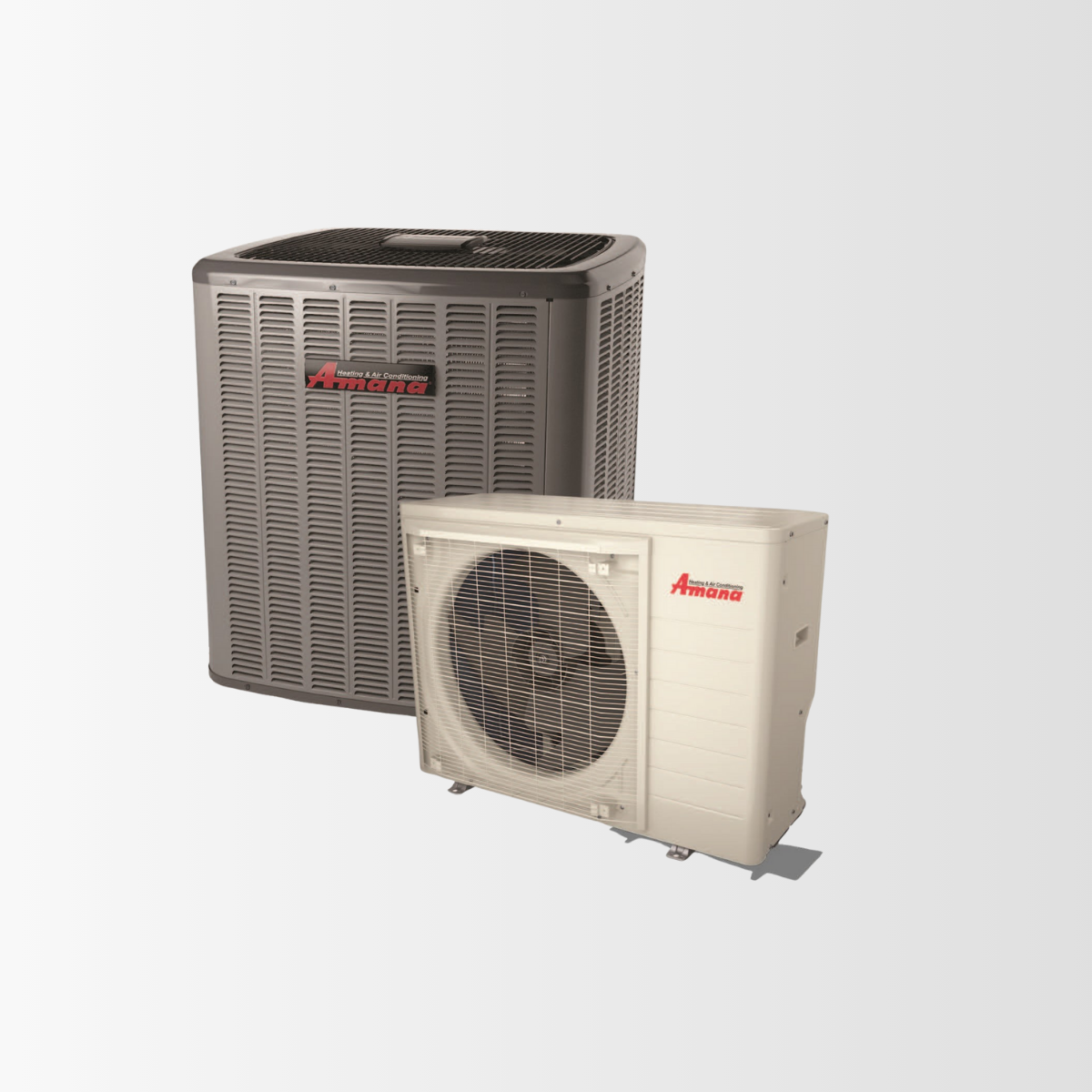
Heat Pump vs. Air Conditioner: A Comparison for Homeowners
Are you in the market for a new cooling and heating system for your home but unsure whether to invest in a heat pump or an air conditioner? Making the right choice between these two HVAC systems is crucial for maintaining a comfortable indoor environment and maximizing energy efficiency. Here, we will delve into the key differences between heat pumps and air conditioners, and provide you with the essential information to help you make an informed decision for your home.
Understanding How They Work
Heat Pumps Heat pumps are versatile HVAC systems designed to regulate indoor temperatures by managing the flow of air in and out of your residence. These systems can expel warm air to cool your home during hot weather and reverse this process to provide heating in colder conditions. There are three primary types of heat pumps available to homeowners: air-source heat pumps, geothermal heat pumps, and water-source heat pumps.
Air Conditioners Air conditioning systems are specifically designed to deliver cool air to your home during warm seasons by taking in warm external air and cooling it using compressed refrigerant gas. This process involves the evaporation of heat and the circulation of cooled air through ducts and vents, effectively lowering indoor temperatures.
These systems distinguish themselves through their functionalities, with heat pumps providing both heating and cooling capabilities, while air conditioning systems focus solely on cooling.
Energy Efficiency and Performance
Energy Efficiency Heat pumps typically offer better energy efficiency in both cooling and heating compared to traditional air conditioners. They are lauded for their energy-saving attributes, potentially resulting in long-term reductions in utility expenses. The Seasonal Energy Efficiency Ratio (SEER) measures cooling system efficiency, with higher SEER ratings indicating better long-term savings. Additionally, the Heating Seasonal Performance Factor (HSPF) measures a heat pump's efficiency in heating mode.
Overall Performance Heat pumps excel in removing humidity and heat from the air, making them more efficient than air conditioners. According to the U.S. Department of Energy, air-source heat pumps can reduce electricity consumption for heating by up to 50% compared to stand-alone heating systems.
However, the efficiency of heat pumps can be influenced by the climate in which you live. They perform better in moderate climates and may have a longer lifespan when not used year-round.
Advantages and Disadvantages
Installation and Cost Heat pumps have higher upfront costs but provide an all-in-one solution for both heating and cooling, while air conditioning systems are generally more affordable initially but require a separate heating system investment. Professional installation is recommended for both systems to ensure proper setup and maintenance of warranty coverage.
Lifespan and Maintenance Air conditioning units typically last 15 to 20 years, whereas heat pumps, which run year-round, may have a shorter lifespan. Heat pumps require minimal maintenance, with regular cleaning of filters and annual professional inspections. However, they may be less effective in extremely cold climates and may need an auxiliary electric heater for better efficiency.
Climate Suitability Heat pumps are better suited to moderate climates, while air conditioners are more suitable for warm climates. The efficiency of heat pumps can be influenced by the climate in which you live, and they may have a longer lifespan when not used year-round.
Overall Cost of Ownership While heat pumps have higher upfront costs, they can potentially result in long-term reductions in utility expenses due to their energy-saving attributes.
Making the Right Choice for Your Home
Evaluating Your Specific Needs When choosing between a heat pump and an air conditioner, factors such as your budget, heating and cooling needs, local climate, and potential energy savings should be taken into account. Heat pumps offer energy-efficient year-round solutions but have higher upfront costs, while air conditioning systems exclusively provide cooling and require a separate heating unit for warming your home.
Important Considerations and Features When selecting a heat pump or air conditioner for your home, consider factors such as regional climate, house size, energy efficiency goals, and budget constraints. It's crucial to weigh the differences carefully and consider your specific circumstances when deciding which is best for your home.
Conclusion
The choice between a heat pump and an air conditioner depends on factors such as your budget, heating and cooling needs, local climate, and potential energy savings. Heat pumps offer energy-efficient year-round solutions but have higher upfront costs, while air conditioning systems exclusively provide cooling and require a separate heating unit for warming your home. Consider your specific requirements and consult with HVAC professionals to make the right decision for your home.
